The FilAms of Silicon Valley: Where are they in high-tech? (Part 3)
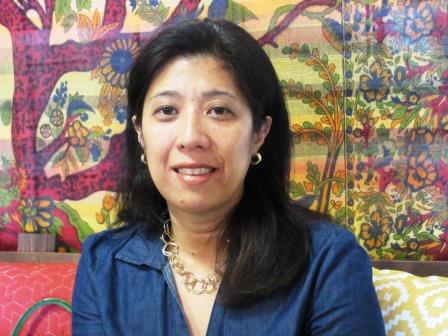
Christina Laskowski is president of the Science and Technology Advisory Council Silicon Valley: ‘We play on our strength.’
Jing Torralba observed that Filipinos in her line of work didn’t socialize at work. That they tend to socialize outside of work.
When she worked tech pubs at a security company, she worked with a young Filipino engineer. She told him to call her by her first name. She was intending to treat him as a peer so they could work more comfortably together. But it had the opposite effect because the young man could not get past the “po” and “opo.” It also made their work difficult because he would not say any criticism of her drafts. If she wanted them, she had to force them out of him.
Jing also observed that many Filipinos who made decisions or do not work in production were in accounting and finance. But more recently at Hewlett-Packard Software, she works with Filipinos in tech support, tech communication, program management.
Strategic Adviser and management consultant Christina Laskowski also said most of the Filipinos she met professionally were in accounting and finance. But as President of the Science and Technology Advisory Council Silicon Valley (STAC-SV), she encounters many Filipino talents from high-tech who seem to prefer to let their work speak for them instead of their persona.
Christina said, “They don’t necessarily want to be associated with Filipinos. I don’t understand the reservation. But when they see a group of Filipinos that is in or part of the high-tech industry, they become more comfortable.”
That’s why STAC-SV is a valuable resource even for the Philippine Consulate in San Francisco. STAC has been involved with Dado Banatao and PhilDev since its inception.
When Christina got involved with STAC-SV for the first time in 1994, she joined Brain Gains Network. Immediately, she chanced upon Paco Sandejas (PhilDev trustee and Managing Partner of Narra VC and BGN co-founder), Marc Loinaz (founder of Aeturos which was acquired by Broadcom), Katrina Montinola (Vice-president at many start-ups and Engineering Vice-president at Oracle) and others.
Talent must be supported by industry
The Brain Gain Network hoped to reverse the brain drain in the Philippines. The original goal of STAC-SV, according to Christina, was to be a hub for Filipinos in high-tech all over the world so they can be advisors and help build industries.
STAC-SV has also been involved with Dado Banatao and PhilDev. Both Banatao and PhilDev were instrumental in upgrading the Philippine school system to global standards.
STAC-SV has also been involved with Earl Valencia, who was formerly with Cisco and is now a start-up accelerator. Valencia helped 19-year-old CEO Gian Scottie Javelona launch the first school mobile portal in the Philippines.
STAC-SV brings over the award-winning start-ups from the Philippines, gives them the tour and immersion of Silicon Valley. Sometimes going out of their way to help them, said Christina. “We help them with expenses. One STAC board member lent her car, another board member, her condo.”
These are but a handful of STAC’s many involvements. STAC seems to always get its hand in high-tech but actually, it focuses on entrepreneurship. With Christina as the compass, it doesn’t seem important that India is on top or that the Philippines does not have Silicon Valley’s tech.
“We never said we will be in high-tech. We don’t have a space program. But there are so many areas in technology. What we want to do is play on our strength, develop its core. Service side, software, gaming. We can thrive in these areas because that’s where our innate talents lie. Don’t try to be everybody else.”
“We produce all these talents but we don’t have industry to support them. In all my conversation with (the Philippine) government, I ask, why don’t we have a healthcare hub? Why isn’t the Philippines the healthcare center of Asia? We should not be producing talent that go away and then rely on remittances.”
Harvey Barkin was a Senior Buyer then Tech Writer in Silicon Valley in the 1980s. He wrote book reviews for Small Press, Rhode Island, then Independent Publisher, Michigan, in the 1990s. He has contributed to many FilAm publications mostly in California. He received the Plaridel Award in 2013 for In-depth Investigative Reporting.
Part 1: The FilAms of Silicon Valley: They are not all techies
Part 2: The FilAms of Silicon Valley: Surviving the layoffs; the rise of Dado Banatao
The FilAm’s Investigative Reporting Project is made possible through the generous support of our readers and contributors including the following:
Consuelo Almonte
Melissa Alviar
Amauteurish.com
Bessie Badilla
Sheila Coronel
Joyce and Arman David
Menchu de Luna Sanchez
Kathleen Dijamco
Jen Furer
Marietta Geraldino
Dennis Josue
Lito Katigbak
Rich Kiamco
Monica Lunot-Kuker
Michael Nierva
Lisa Esperame Nohs
Cecilia Ochoa
Rene & Veana Pastor
John Rudolph
Roberto Villanueva
2 anonymous donors

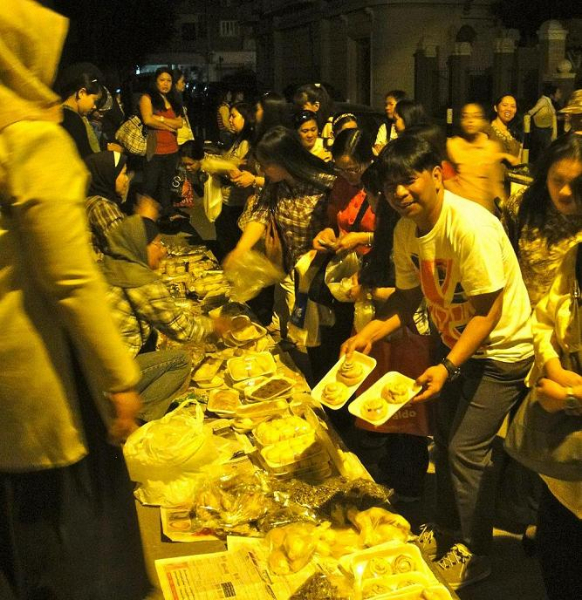

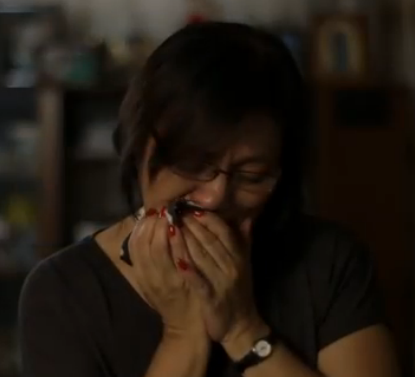



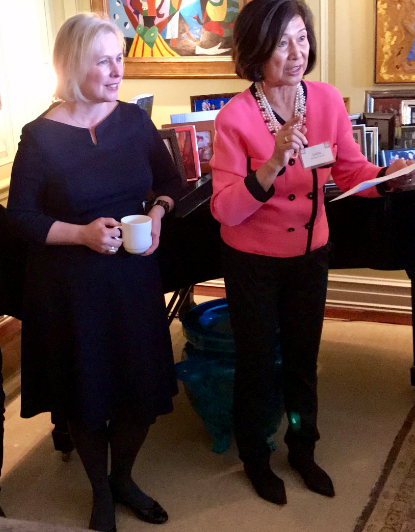
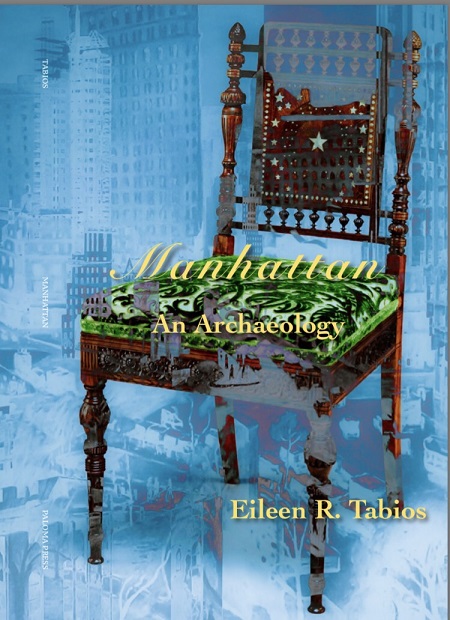





Extremely enlightening series.
I couldn’t resist commenting. Well written!